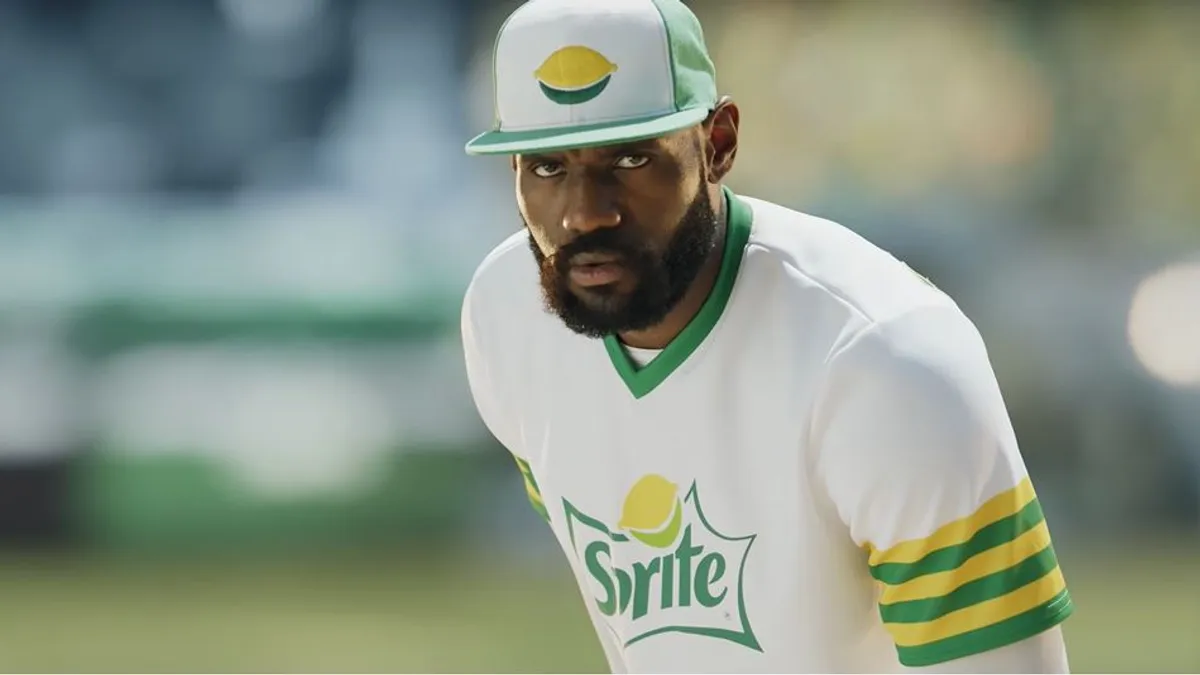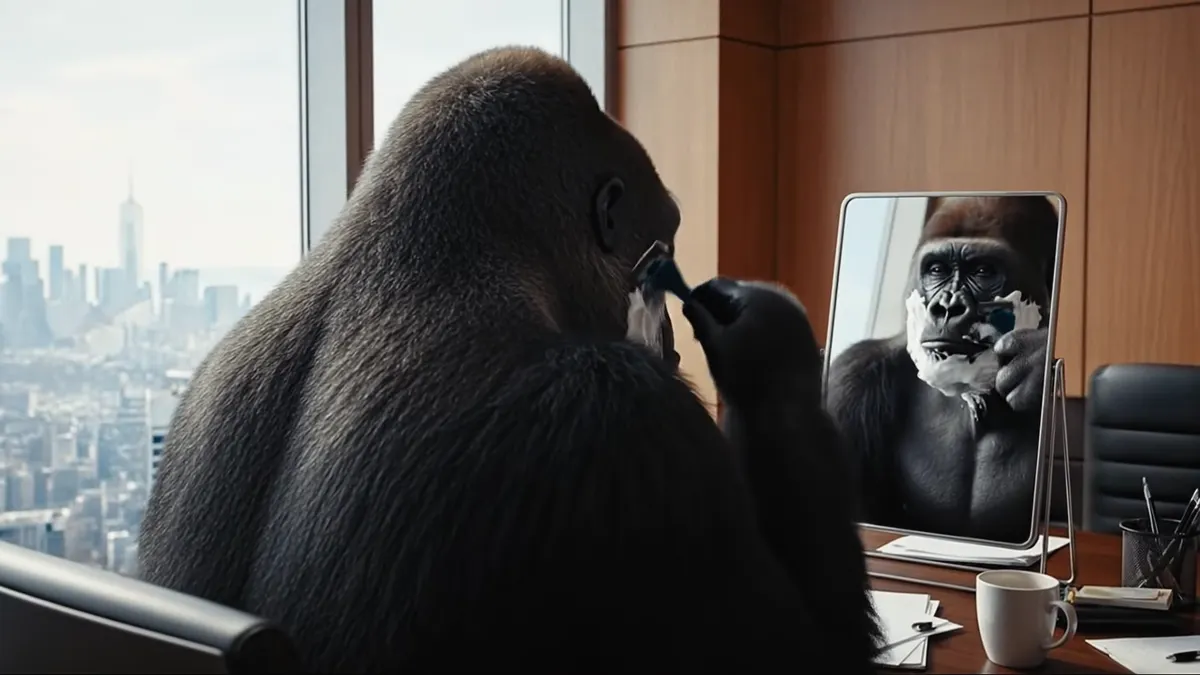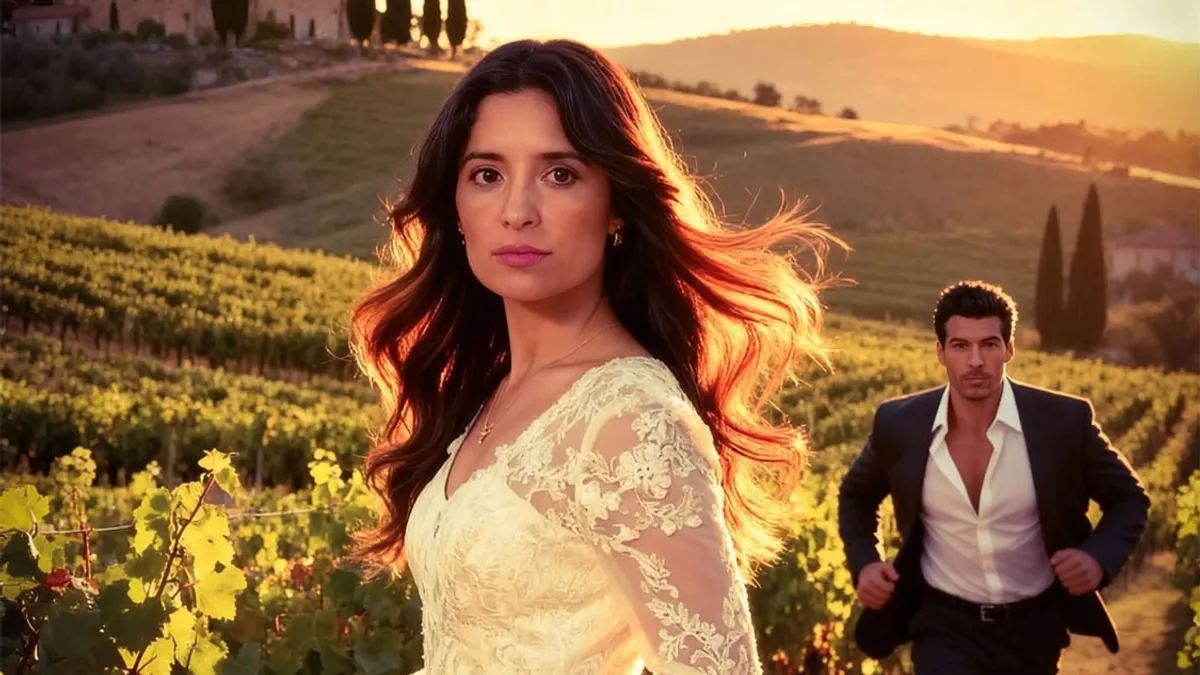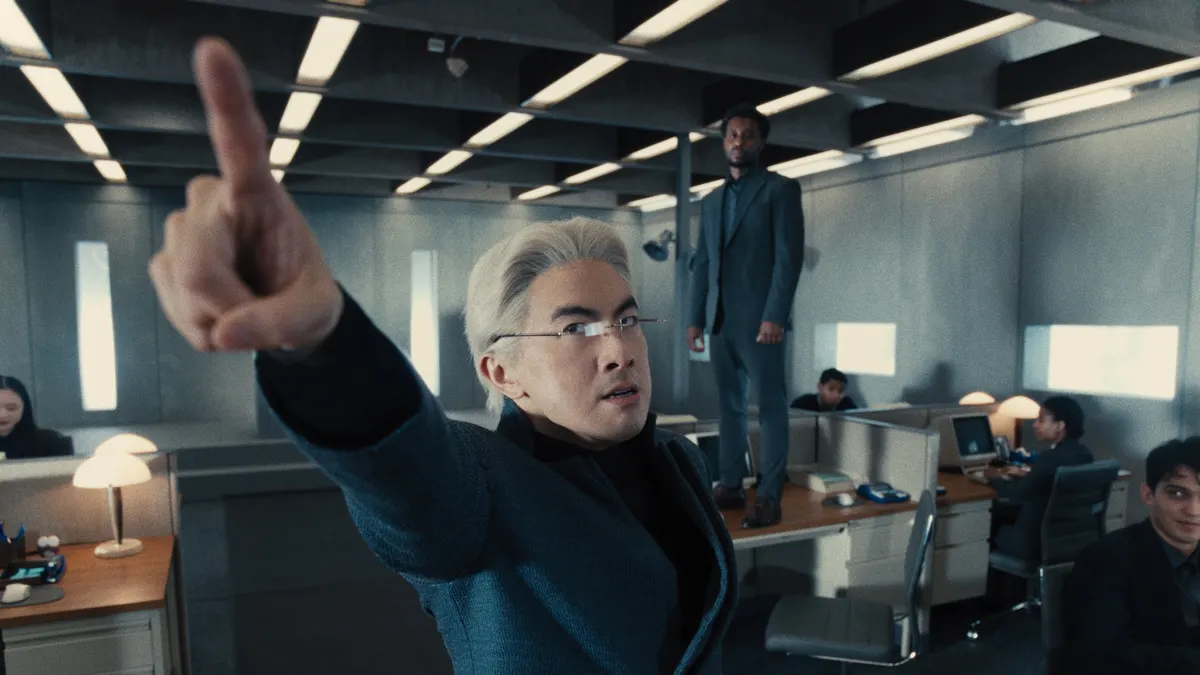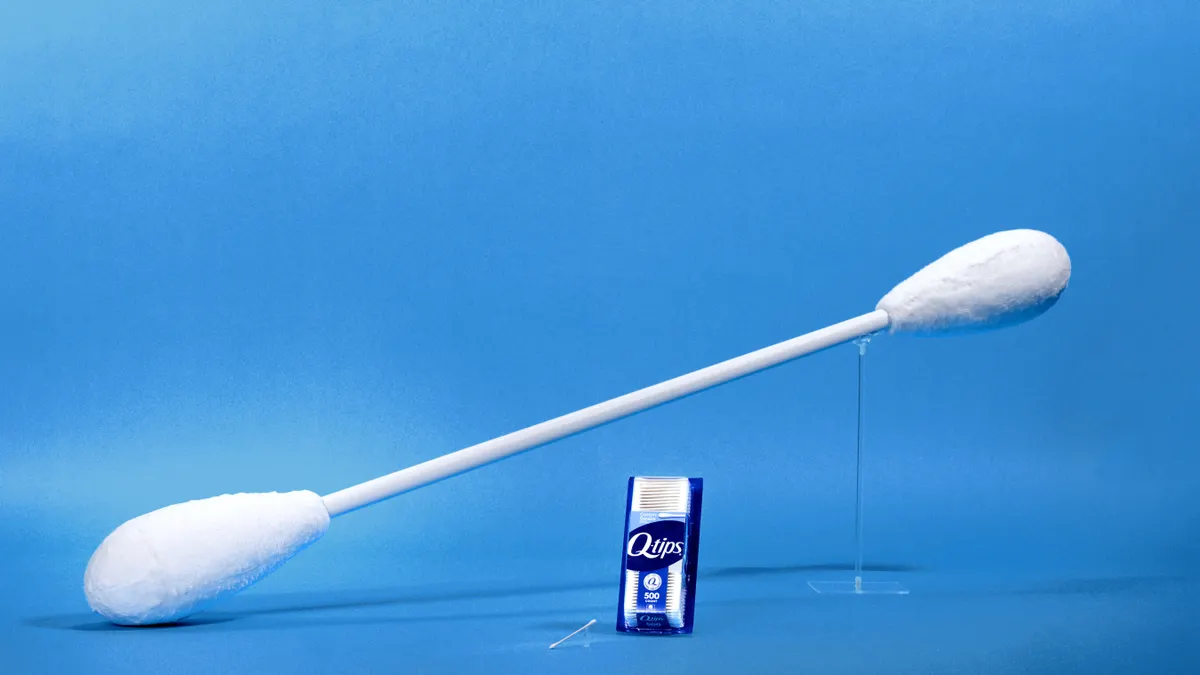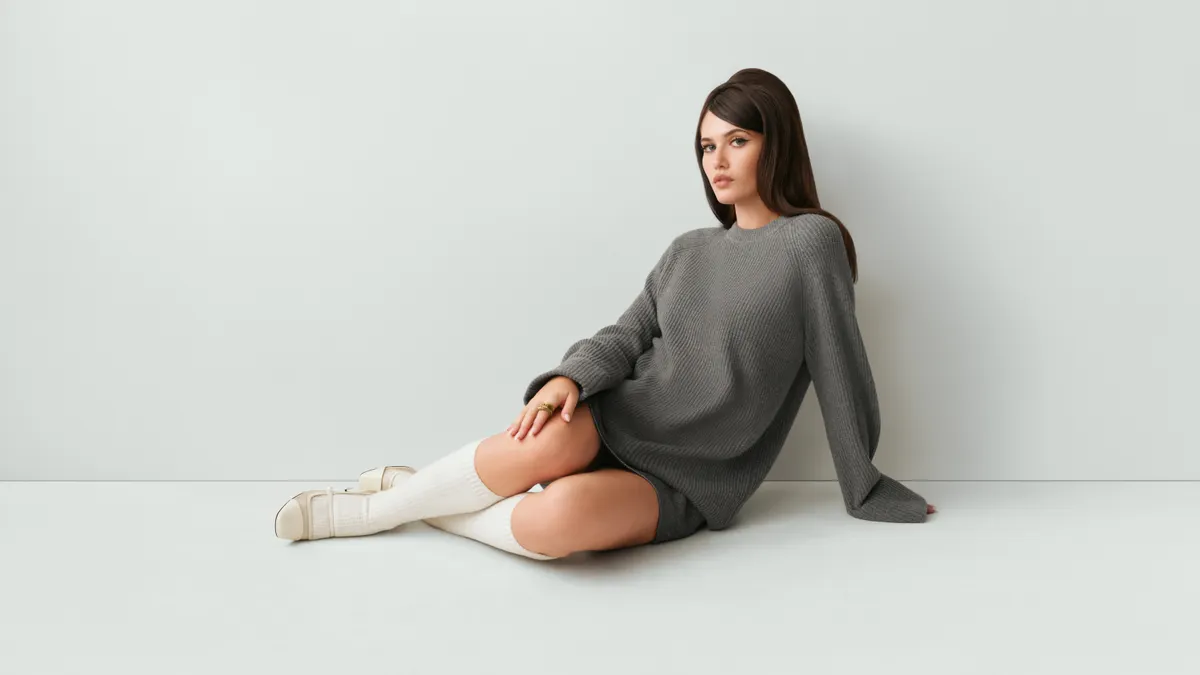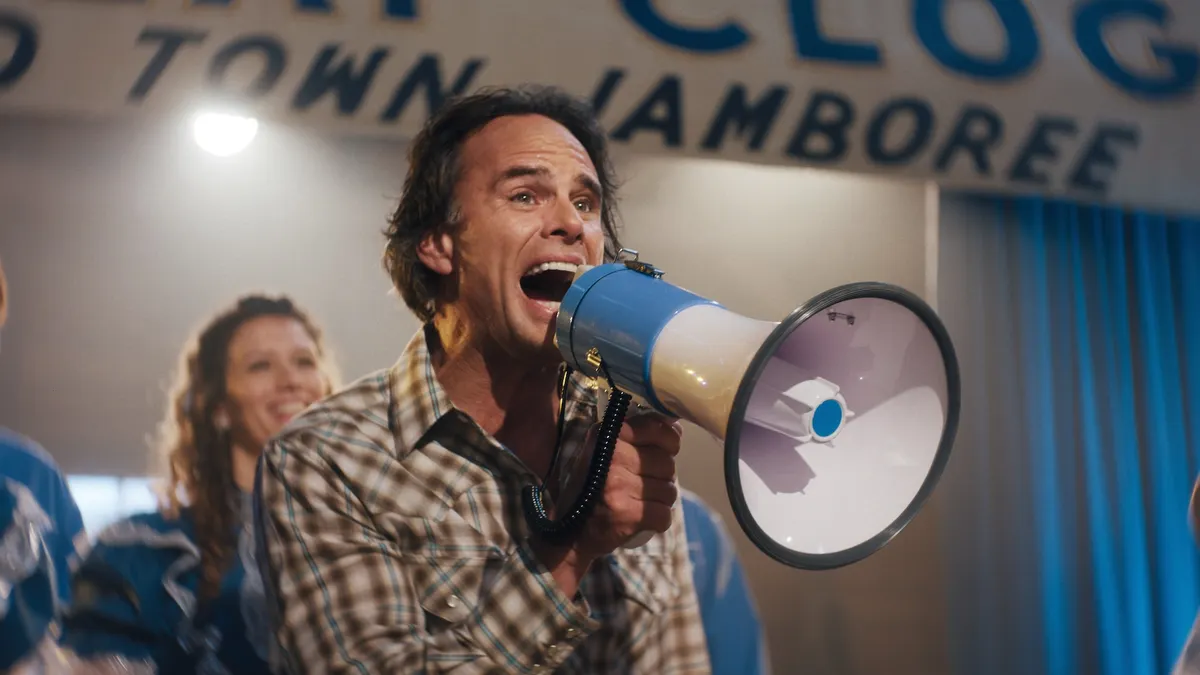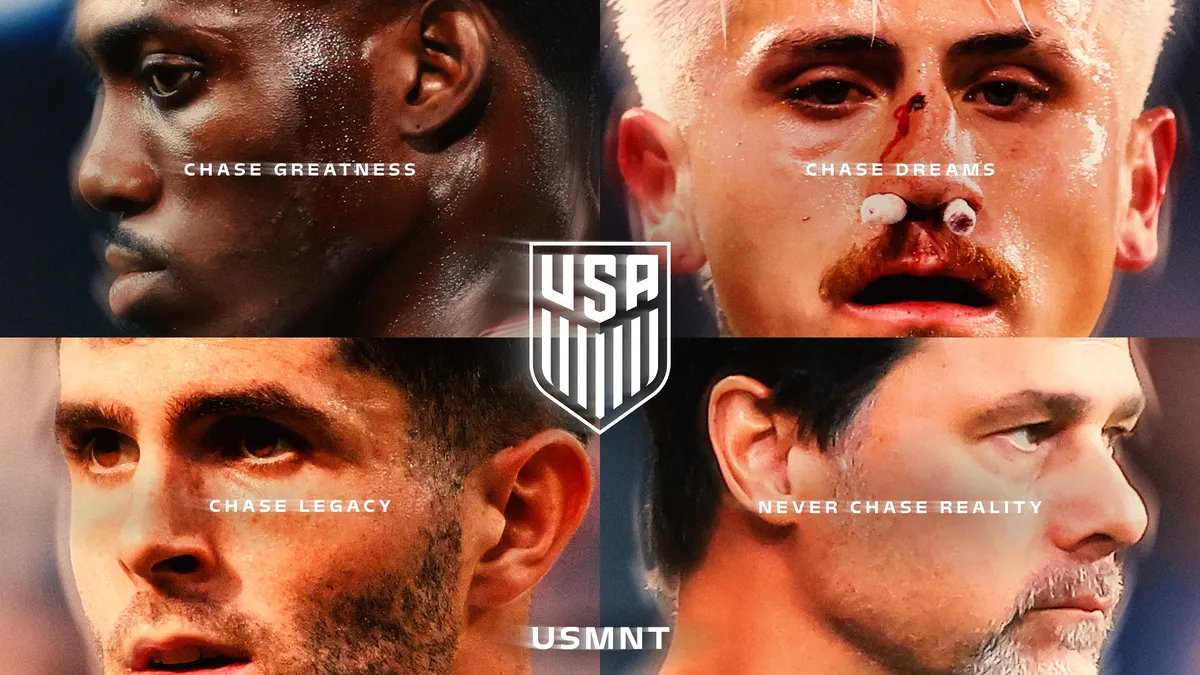From NBA star LeBron James channeling his alter ego as a baseball player throwing a can of Sprite to actress Betty White demonstrating the restorative powers of eating a Snickers bar, celebrities are regularly lending their names, images and reputations to food and beverage products.
Celebrity branding has been in existence since the 1760s when British entrepreneur Josiah Wedgewood created a tea set for Queen Charlotte called Queensware. It became popular and the name and association created a competitive advantage for the product. Today, musicians, athletes, actors and other well-known personalities endorse products around the world. Celebrities like this arrangement because they receive additional exposure and a paycheck.
For companies, there are big payoffs, too. Businesses wouldn't invest millions of dollars, and tie themselves to a person, if it didn't help their brand and generate additional sales.
Filipp Chebotarev, a partner and co-founder of Cambridge Companies SPG, an investor in celebrity food brands, told Food Dive these endorsements draw attention to the product, provide exposure to a wider audience of the star's fan base and elevate the “hip factor” of the item.
“The general public perceives that a celebrity lives a fabulous life and can go wherever, whenever, dress in the finest clothes, eat the best food at the best restaurants, stay at the finest resorts and enjoy the things in life that most people only dream about,” Chebotarev said in an email.
'Be like Mike'
In a market where consumers are bombarded by advertisements through traditional mediums such as radio and television, as well as newer formats like tablets and phones, finding a way to stand out is crucial. Product endorsements often make the consumer feel closer to their favorite celebrity by drinking Gatorade to “be like Mike,” sipping on Pepsi like Beyonce, or eating Hot Pockets endorsed by Harlem Shake artist, Baauer.
The influence celebrities wield may be more than just fandom.
Jeff Stibel, a brain scientist and author of “Wired for Thought: How the Brain Is Shaping the Future of the Internet,” said a celebrity endorsement is similar to a recommendation from a close friend.
“In our brains, we don’t differentiate between the two,” he said in an email to Food Dive.
Ad Age cites several studies that demonstrate the benefit of celebrity endorsements. In one, they increased average brand sales by 4%. Another found 85% of consumers said celebrity endorsements boosted their confidence in a brand, and 15% said they affected their purchase decisions. The third study found fans of a celebrity are 50% more likely to buy the product that's being promoted.
But for all the love of celebrity endorsements, there is risk involved. If a personality has a scandal, it reflects on the brand. Subway’s sales dipped following the child pornography scandal in 2015 with the company's long-time spokesperson, Jared Fogle.
And if consumers believe the celebrity is promoting something that is not aligned with the individual's perceived values, the person will get criticized. In 2012, Beyonce received blowback for backing Pepsi after she promoted Michelle Obama’s "Let’s Move" campaign to address childhood obesity. PepsiCo also was caught in a firestorm five years later after it aired an ad featuring Kendall Jenner that critics claimed trivialized the Black Lives Matter movement.
Authenticity in endorsements
Increasingly, companies are finding that just having a celebrity on their payroll is not enough. Just as consumers, particularly millennials, demand that food and beverage brands display transparency and authenticity in their products, they are expecting the same from celebrities and their endorsements. This shift has been in the works for almost a decade, Chebotarev said.
“About eight years ago, brands started getting tired of paying hundreds of thousands or even millions of dollars for celebrities to endorse products," he said. "New generation consumers, more and more, perceive a paid commercial as an inauthentic endorsement (in certain categories).”
“Celebrities are pitched opportunities every week and (they) have to be very careful not to diminish their personal brand. No one wants to be a walking billboard, so many deals to promote or join a company are turned down. This is why it is truly special and very rare when a celebrity decides to be part of a brand. That means the magic was there.”

Filipp Chebotarev
Partner and co-founder, Cambridge Companies SPG
At the same time, Chebotarev added, celebrities and their managers began to realize there was more upside in equity ownership than endorsement fees — but it came with a greater risk.
Today’s consumers want to know that celebrities really use the product, said Ben Garnero, vice president of marketing for Chef’s Cut Real Jerky. His company has partnered with actress Olivia Munn.
“Millennials are driving and will drive the shift there,” he told Food Dive in an email. They have a “cultural BS meter.”
Despite the impact a celebrity can have on a brand, the experience of the average person can often be more meaningful. Consumers are putting more faith in user-generated content than in messages coming directly from the brands themselves. A 2017 study from Stackla found 60% of consumers said user-generated content was the most authentic, compared to 20% for brand content. This is being noticed by brands and celebrities.
“Celebrities are pitched opportunities every week and (they) have to be very careful not to diminish their personal brand. No one wants to be a walking billboard, so many deals to promote or join a company are turned down," Chebotarev said. "This is why it is truly special and very rare when a celebrity decides to be part of a brand. That means the magic was there.”
Garnero with Chef’s Cut Real Jerky agreed. "We’re now seeing some savviness—celebrities are saying 'No'; some brands are saying 'No,' " he said.
Changing the celebrity endorsement model
One advantage Big Food and beverage companies have compared to a young, cash-strapped upstart is deeper pockets that make it easier to invest in a celebrity, and leave the partnership behind if it doesn't work. Chebotarev said a growing number of celebrities invest their own capital upfront and, over time, earn a stake in the company and a slice of the revenue that is tied to the success of the product.
But even for celebrities who aren’t looking for a brand partnership, making sure the celebrity actually likes and uses the product is important, Garnero said.
Creating a synergy between a celebrity and a product can lead to some innovative partnerships. When Garnero’s company partnered with Munn to endorse beef jerky, they settled on a commercial where she was becoming a "master jerky sommelier."
“Jerky isn’t just a low-brow, boring convenience store snack. She helped us tell that story in a fun stunt,” he said.
Her role, Garnero said, was to expand the product beyond the male-dominated audience that makes up 75% of beef jerky consumers. But the ad wouldn’t be effective if Munn wasn’t genuine and didn’t actually like the product. Part of the deal with Munn included equity in the company.
"Structuring deals this way allows for a vested participation and ownership (literally) in growing the brand by the personality. It’s not just transactional but more a partnership," he said.
"Authenticity is as important to us as it is to our audiences. ... We can’t — and don’t — partner with someone just because they’re famous. Consumers know when a brand partnership doesn’t make sense, our goal is for the partnership to feel true to the brand and be authentic."

Carlos Abrams-Rivera
President of snacks, Campbell Soup
Campbell Soup has used the same approach, Carlos Abrams-Rivera, president of snacks at the New Jersey company, told Food Dive. The challenge is finding the right celebrity for both the audience and the product being endorsed.
"Authenticity is as important to us as it is to our audiences. So, first and foremost, we want to make sure our celebrity partners actually use the products they’ll be endorsing," Abrams-Rivera said in an email. "We can’t — and don’t — partner with someone just because they’re famous. Consumers know when a brand partnership doesn’t make sense, our goal is for the partnership to feel true to the brand and be authentic."
While some celebrity endorsements are for healthy foods and beverages, like Nestlé Waters North America's partnership with WWE, or tennis star Venus Williams’ tie in with Silk soy milk, many celebrity endorsements, particularly those geared toward younger consumers, tend to skew toward less healthy products.
A 2016 study by researchers at New York University looked at endorsements of 65 music celebrities and stars popular with teens and young adults. It found 71% of the non-alcoholic drinks that were promoted were sugary and 80% of the foods were nutrient poor.
Future of celebrity endorsements
There will probably always be a place for Justin Timberlake, Michael Jordan, LeBron or Beyonce to promote a product, but how they do it may change, according to those in the industry.
As consumers look to brand ambassadors that they follow on social media for recommendations and influence, celebrity endorsements may change. Instead of always signing lucrative long-term deals with big-name celebrities, Garnero said brands, particularly emerging ones, may tap less well-known individuals for specific, niche involvement that matches the needs of the brand —such as using one person for television and another for social media.
Even with this evolution, celebrity endorsements are likely to be a mainstay for brands because they are still effective, Chebotarev noted.
“As new participants enter the market, they often discover that they have more direct competition than they thought," he said. "Today, I think it is more important than ever to have a strong celebrity relationship.”

